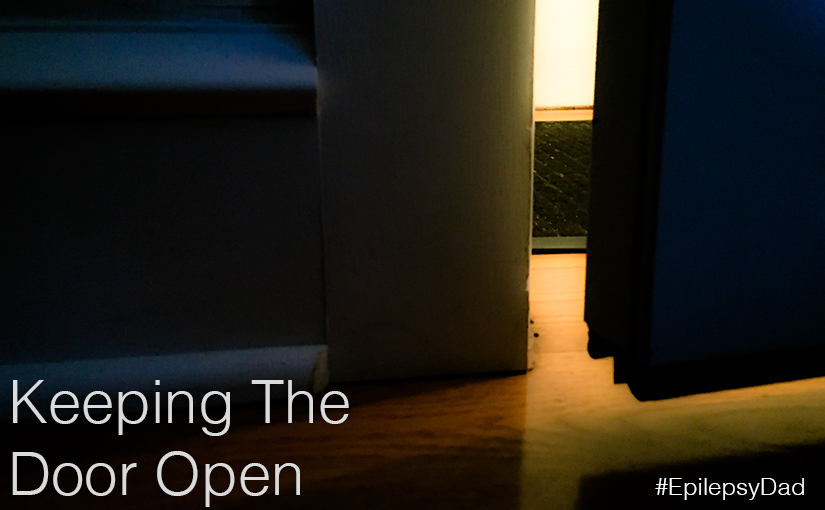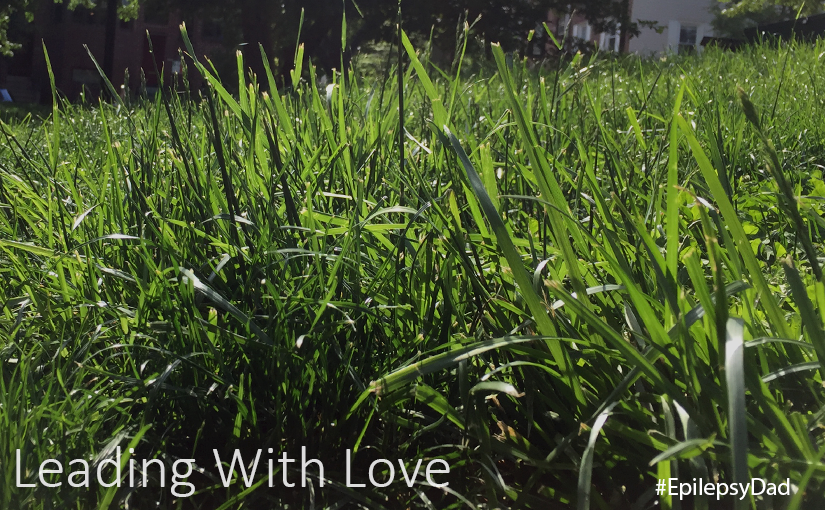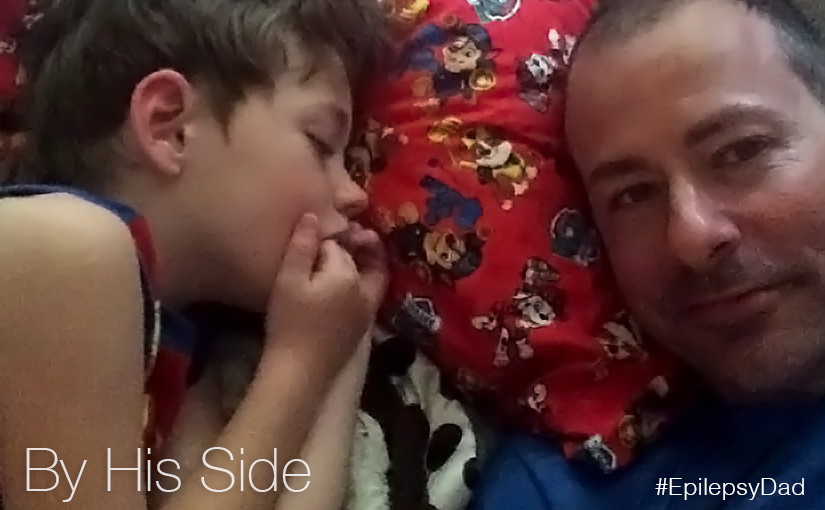If you believed the headlines, you might have thought that CBD was a miracle cure for epilepsy. After so many drugs failed to control my son’s seizures or burdened him with terrible side effects, I felt like we needed that miracle. But, in the end, CBD, like many other medicines, did not help to control his seizures.
This post isn’t about CBD. It isn’t about Keppra. It isn’t about dilantin, or topamax, or vimpat, or triliptol, or tegratol. It isn’t about any of them in particular but, in a way, it is about all of them. It’s about feeling like a door closes a bit more every time we stop another medication. There is still light on the other side because I can see it splashing through the opening onto the floor. But the beam is getting narrower. And no matter how I angle my head, I can’t actually see the source of the light. I have to trust that it is there.
I’m frustrated that another thing that has worked for others didn’t work for us. I hoped it would live up to the hype and that we would be one of the success stories. I want desperately for something to work for my son. As hopeful as I am that he will wake up one day seizure-free, I’m not greedy. I’d settle for a magic pill that would allow us to stop his other medication and free him from their side effects. A pill that would let him stop the ketogenic diet so that he could have a slice of pizza or a piece of candy.
The side effects. The ataxia. The attention. The unbalance. The learning difficulties. The feeling of being different. The loss of control of his mind and body. The lack of freedom. An uncertain future. I want that magic pill to take away these things, too.
But there is no magic pill. As every parent of a child with epilepsy knows, some things work for some people but not for others. We happen to be in the unlucky camp of people for whom most things don’t work at all.
The door hasn’t closed, though. I won’t let it. I jammed my foot between the door and the frame so that it can’t close. I’ve got one hand gripped on to the handle and the other with a firm grasp on the door, and I’m pulling as hard as I can.
I won’t let that door close.
There is too much at stake. When there is light, there is hope, and there is so much to be hopeful for.
I won’t let that door close.
If I have to, I’ll rip it right off its hinges.


